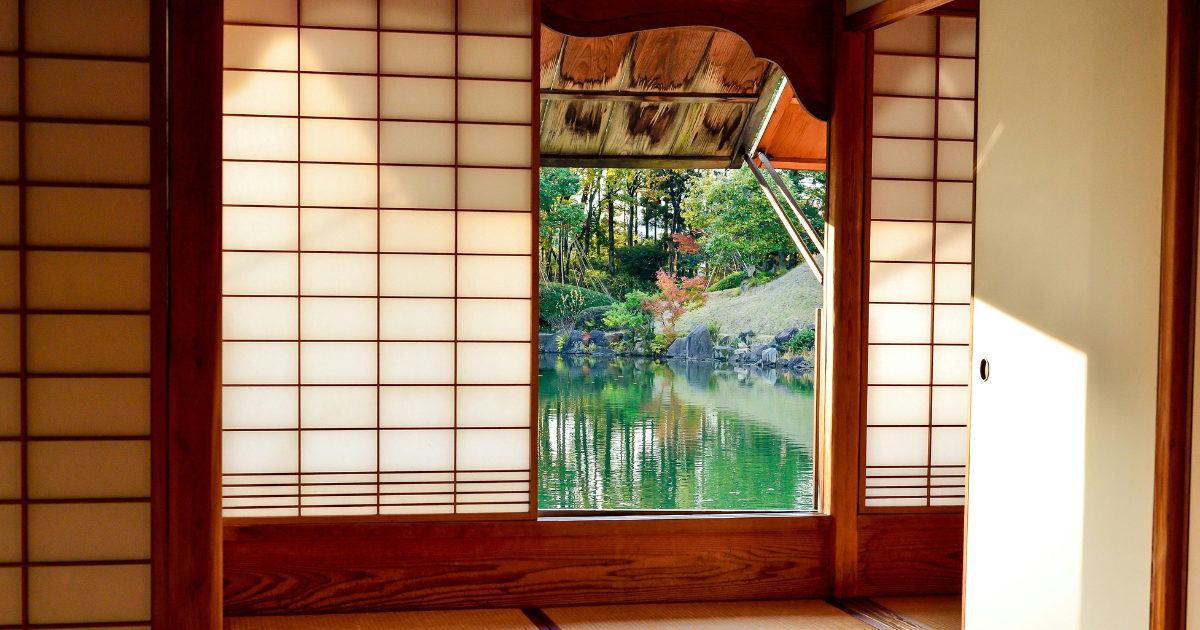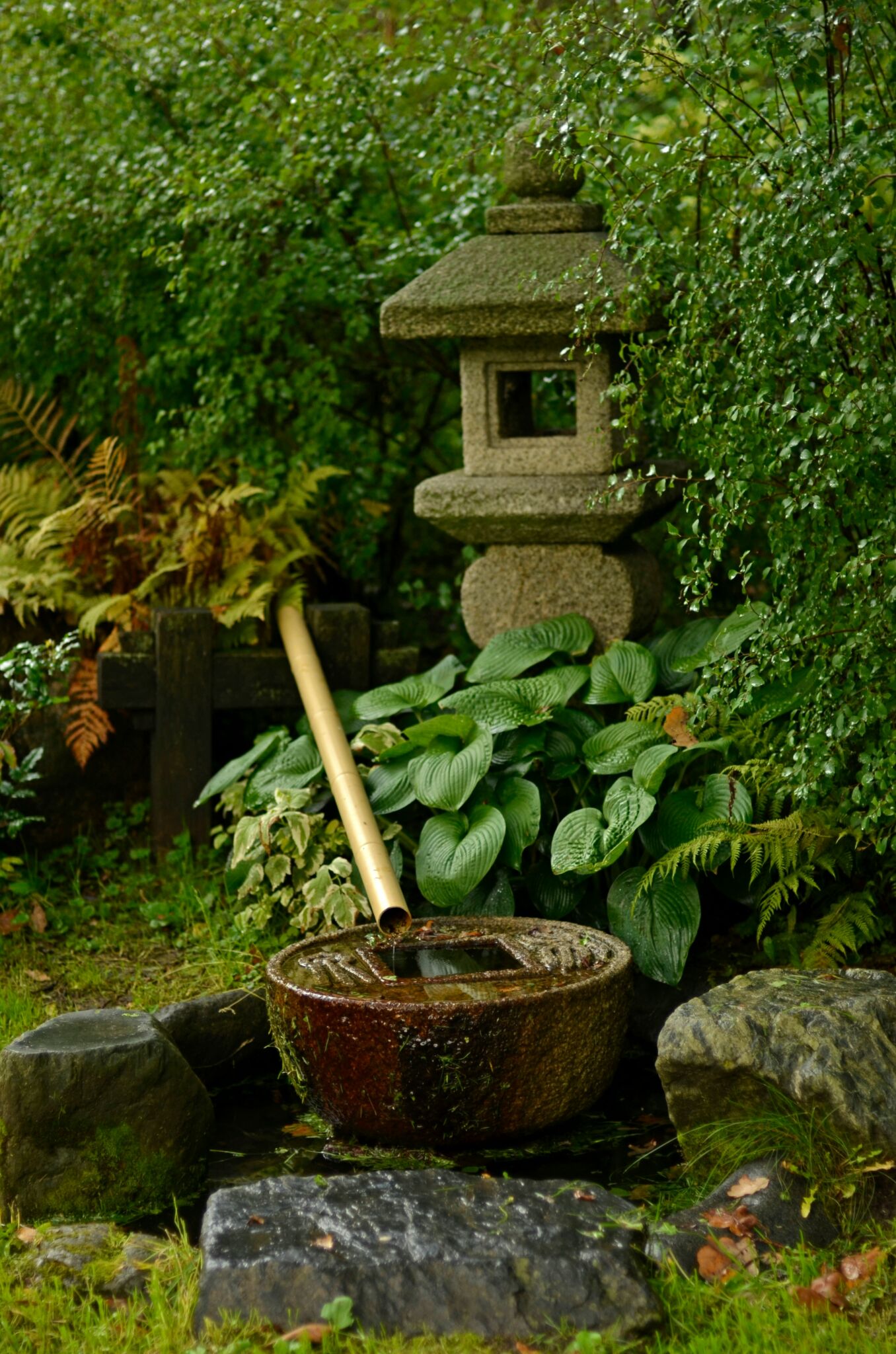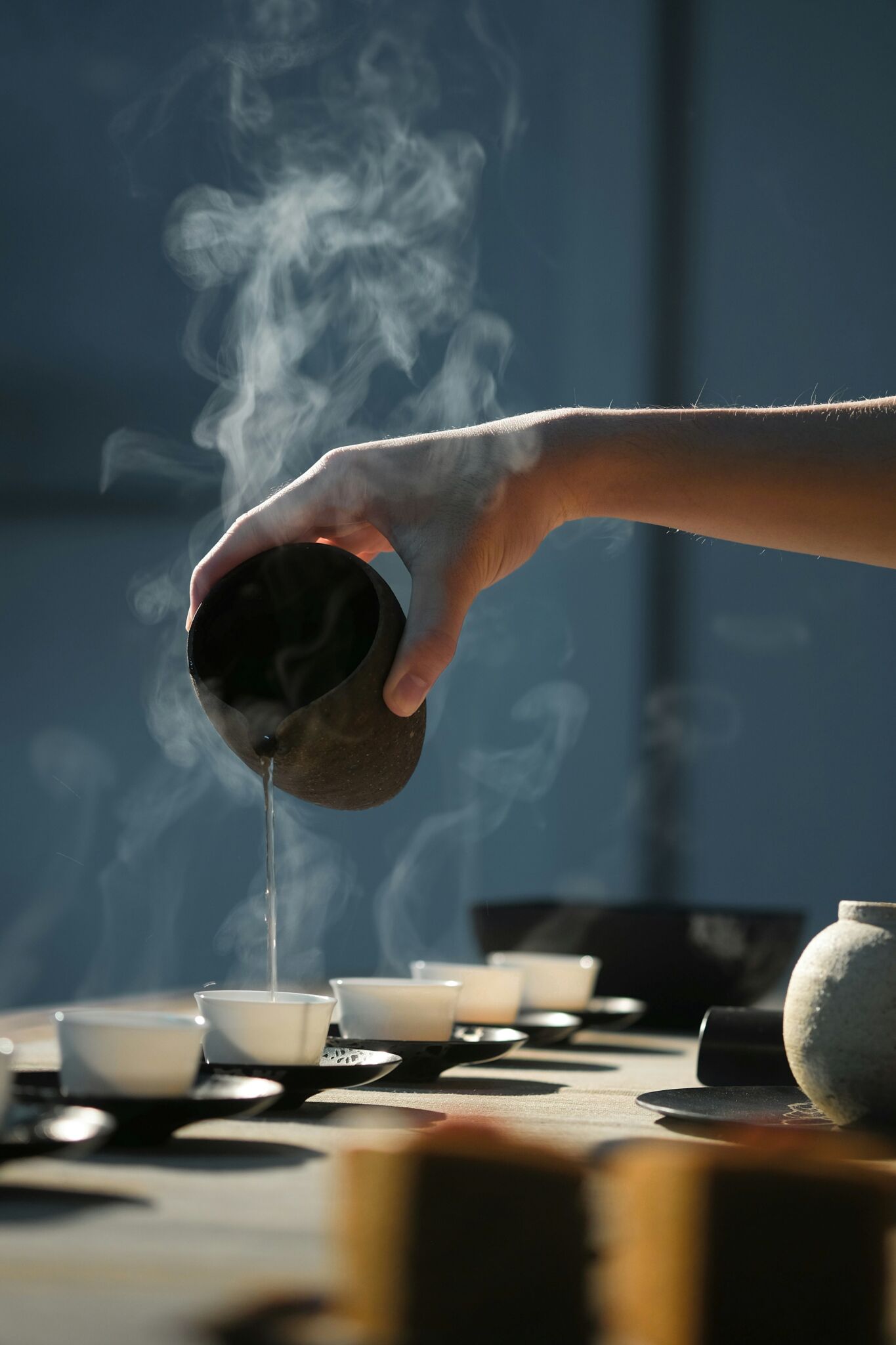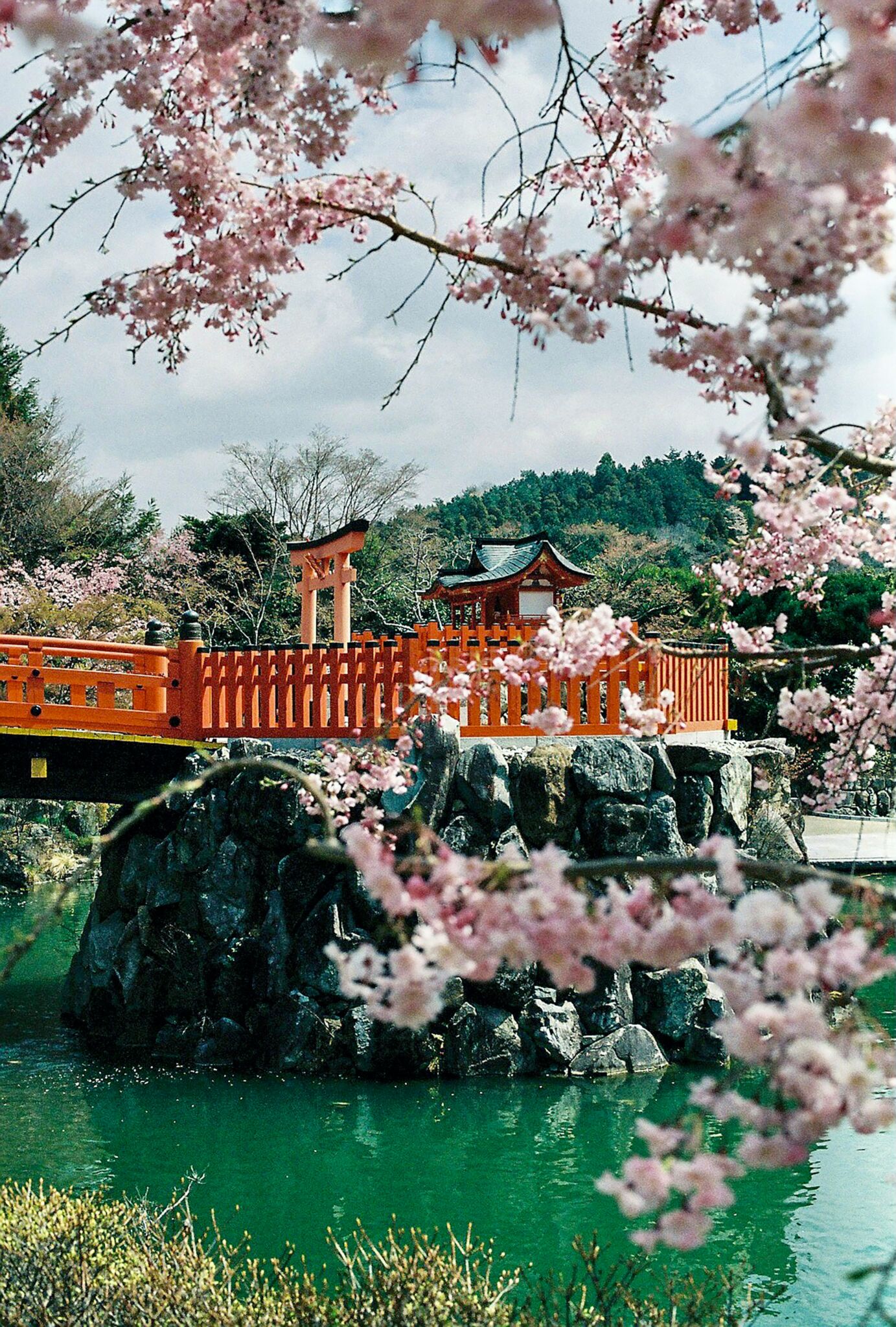Japanese Lifestyle of Wabi-Sabi
Finding beauty and happiness in an imperfect world

The Japanese philosophy of Wabi-Sabi teaches us to see beauty in imperfection, transience, and incompleteness. It encourages us to appreciate each moment of life and find charm in natural simplicity. Among all the lifestyle trends, Wabi-Sabi seems to be the most poetic and refined. It doesn’t need to be deeply studied or even fully understood, it simply needs to be felt.
The term Wabi signifies simplicity, humility, and solitude, as well as harmony with nature. It reflects the idea of accepting life as it is without striving for perfection. Sabi, on the other hand, embodies the beauty of aging and the ability to find aesthetic value in things marked by time. It’s a worldview that allows us to see beauty even in a wilting flower or a cracked surface.

Photо: Unsplash
In the 14th century, when asceticism became a forced reality for many Japanese, poverty began to be viewed as a path to spiritual growth. Simplicity gained a poetic resonance, first captured by tea ceremony master Murata Juko. Instead of using expensive porcelain, he preferred simple bowls made by local artisans.
A century later, his work was continued by master Sen no Rikyu, who transformed the tea ceremony into a true cult of minimalism and mindfulness. But beneath the outward simplicity lay a deep focus on the moment, fluidity of movements, and ascetic beauty.

Photо: Unsplash
The Japanese phenomenon teaches us to find joy in the small things, to see beauty in the inevitable and the everyday, filling life with harmony. Objects gain meaning because each person assigns their own significance to them.
This principle reveals an interesting psychological pattern: although people tend to strive for perfection, our attention is often drawn to imperfections and small flaws. Wabi-Sabi elevates this perception to an ideal, finding unique charm in imperfection.

Photо: Unsplash
In the modern world, the philosophy of Wabi-Sabi has gained special significance. It harmonizes with current trends of sustainability, minimalism, naturalness, and mindful consumption. Perhaps now is the perfect time to slow down, let a little “quiet beauty” into our lives, and learn to accept change as naturally and calmly as the changing seasons. Happiness and harmony lie not in the pursuit of perfection, but in the ability to notice and embrace what already surrounds us.


